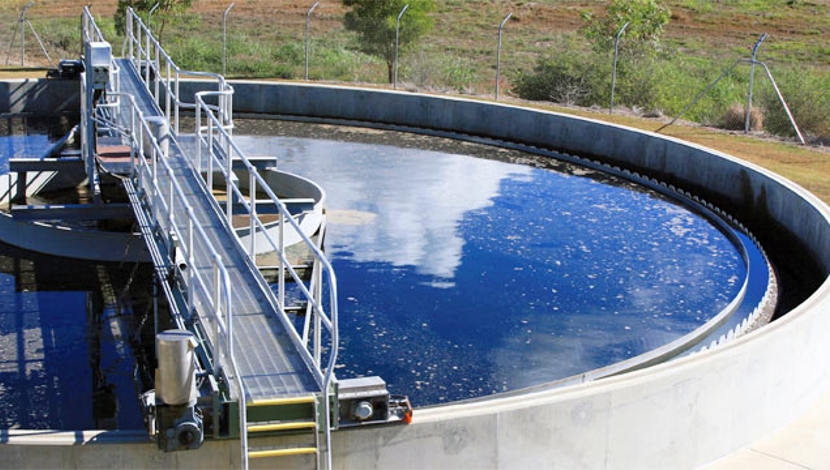

We are living at a remarkable time in history, where history itself is changing, said futurist and strategy consultant Dr Graeme Codrington at engineering and environmental consulting firm Jones & Wagener’s 50-year celebration function in Johannesburg, last Thursday.
In a presentation entitled ‘Tomorrow’s World Today: The disruptive forces shaping the world and how we should respond’, he stated that all the forces of change were currently combining to cause “deep structural changes” to society and the way in which the world functions.
Codrington says there were four main developments currently taking place and these were an indication of what the world would look like in future.
Firstly, in the next 10 to 15 years, people worldwide are going to see a “dramatic change” in countries’ energy set-up, “In fact, I think this change is already well under way. This will revolve around the greater use of renewable energy and we will have a lot more control over the supply and availability of energy. It will be significantly cheaper and potentially even free.”
The second factor was smart devices and the Internet of Things (IoT). Codrington explained that smart devices were, in essence, supercomputers that provided users quick and easy access to large amounts of data. He believes smart devices will become the remote controls at the centre of people’s digital universe.
The third factor is virtual and augmented reality technologies. In the near future, people would use these technologies as often – and perhaps even more – than they used their smart devices, as they would be used for everyday tasks like shopping, speaking to friends and for business purposes, such as meetings, project modelling and site inspections.
The final factor is changing the way and place where people work – work offices would be obsolete and most people would work from home or at places more convenient for them than having to travel to work.
He highlighted that the so-called “on demand economy” already existed and would likely become the norm in future. This is where companies contract work out digitally, whereby the employer and employee never need to meet face-to-face.
Codrington concluded, “The rules for success and failure are changing rapidly and companies just cannot afford to be left behind.”





